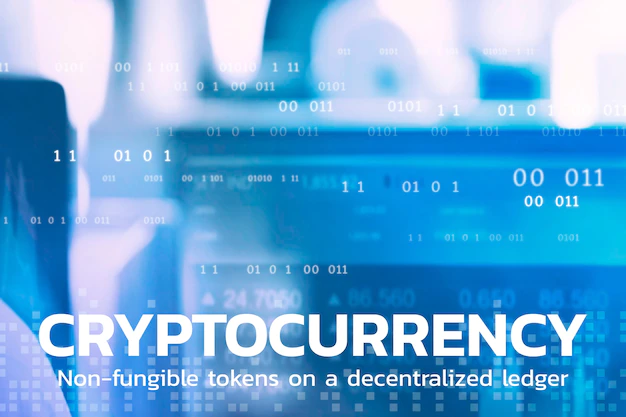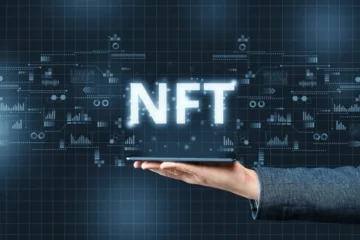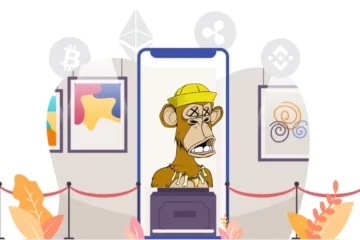Non-fungible tokens (NFTs) are a new form of ownership for digital goods. They are a system that tracks ownership and can be copied by anyone to claim ownership. It is a similar concept to the music industry, which struggled with piracy in the 1990s and almost went bankrupt. Peer-to-peer sharing services sparked the creation of alternative forms of distribution and the music industry has been thriving ever since.
While most NFTs are used for collecting and selling digital art, they can also be used to tokenize real-world assets such as business ownership and intellectual property rights. These types of cryptocurrencies are gaining popularity and could be a huge money-making opportunity in the future. Here are reasons why NFTs are a great way to invest in cryptocurrencies. But be sure to read the fine print before investing.
Major Reasons why NFTs are a great way to invest in cryptocurrencies
First, NFTs have a unique value. As a non-fungible asset, an NFT represents a unique asset. Examples of non-fungible assets include websites domain names, concert tickets, and other physical goods. These are the kinds of digital assets that are increasingly used by companies and governments for identity verification. A good example of an NFT is a security token that has been created by a government to protect sensitive information. The value of the tokens can be traced back to their owner.
Bitcoin is a Great Example of NFT Token
A good example of a non-fungible token is Bitcoin, which has underperformed the market in recent years. While bitcoin has had a terrible start to the year, NFTs are having an incredible run. Earlier this year, a single transaction worth $69 million dollars in Ethereum was conducted. The transaction was for a 1/1 piece of artwork by Beeple, an artist who sells digital artwork through non-fungible tokens. The blockchain allows this authentication to take place and the token is therefore unique.
Read More: How Much Can You Earn on Creating an NFT?
A non-fungible token is a digital asset that has no utility. It represents a unique asset, just like a piece of art or a concert ticket. A non-fungible token is a form of a tangible asset and can be traded for other goods. This is the reason why NFTs are so popular. So why is it so? The answer: because they allow you to own a copy of a physical asset.
NFT is the Best Way to Invest Non-Fungible Assets
Non-fungible tokens are the best way to invest in non-fungible assets. They are like stocks: they are exchangeable, but unlike stocks, NFTs have no fungible properties. Despite the fact that they are not a regular currency, they still have value. If you are looking for a new investment opportunity, consider investing in a non-fungible asset.
While Bitcoin is a good investment choice, a non-fungible token’s value isn’t the same as a standard currency. In fact, a non-fungible token has no inherent value. The value of an NFT is based on demand, not supply. A good example is a plane ticket. You’ll also need to keep an eye on the price of your NFTs.
NFTs are exchangeable assets that reflect a digital asset’s value, similar to the master file of a musical recording. Tokens are exchangeable when they are used as a means of identifying an owner. These assets are used in authentication, like e-books. Tokens are also useful for the creation of digital media. However, investors should be cautious when investing in non-fungible tokens.
Conclusion
The non-fungible token market has exploded in the past few years. It’s a relatively new type of investment, and the value of non-fungible tokens varies greatly. For example, a gif can be an NFT whereas a dollar bill is a fungible asset. The difference between the two is that an NFT is unique and represents a distinct asset, while a fungible token is like a normal crypto.
Tokens aren’t the same as assets, so investing in NFTs isn’t an asset class. They are a digital asset that store value on the blockchain. These digital assets can’t be duplicated, but they can be interchangeable. Oftentimes, these are the same as the actual physical goods, and therefore, they are not exchangeable.




